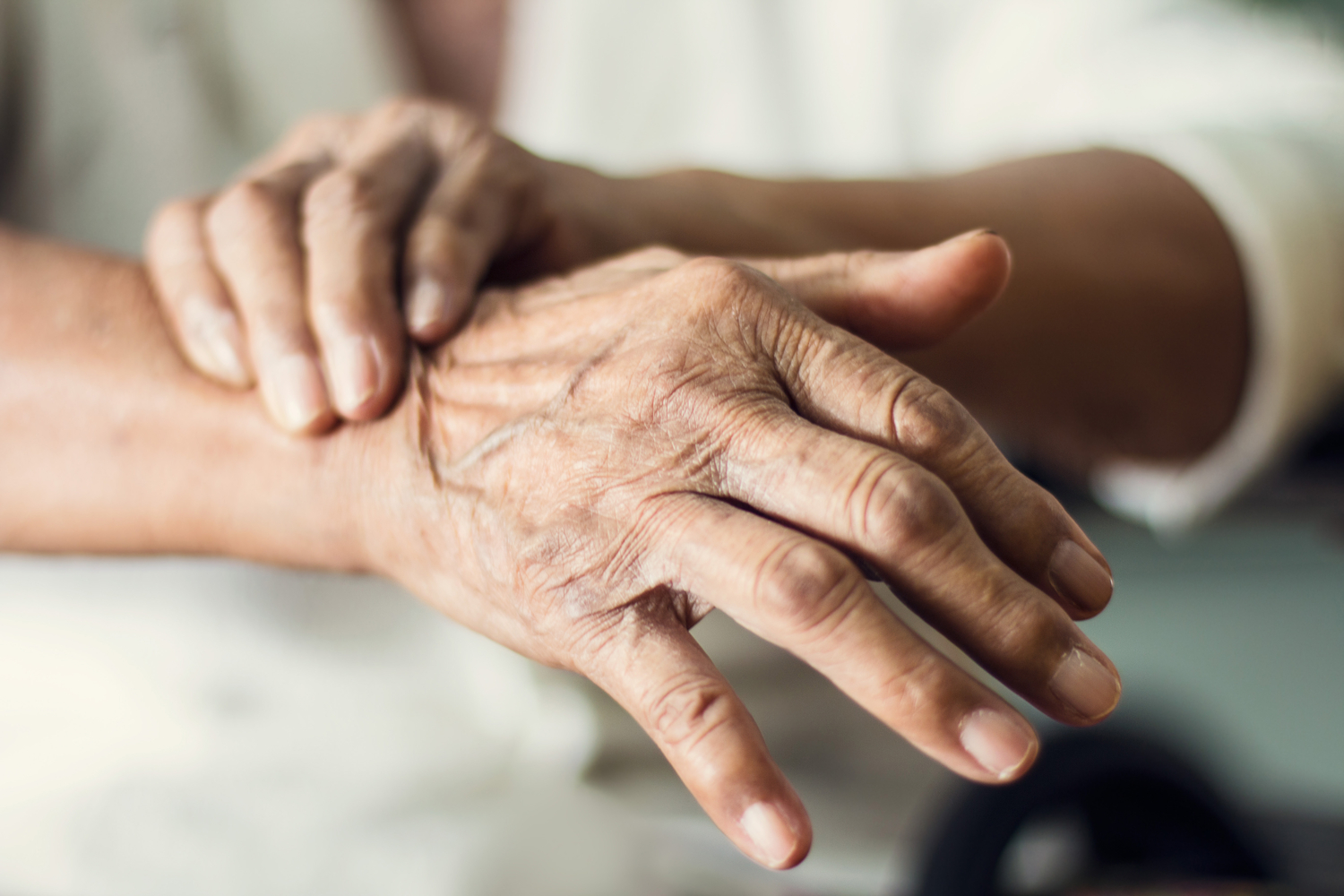
5 Symptoms of Parkinson’s Disease:
And Treatment Medications
Parkinson’s disease affects the nervous system and causes symptoms that become more severe over time. Medical professionals often prescribe Gocorvi, Austedo, Rytary, Ingrezza, and Carbo Levodopa as treatment medications. If you believe that you or a loved one may have Parkinson’s, here are some symptoms to keep an eye on:
1. Slowed movement
Bradykinesia is the slowness of movement and is required for a diagnosis of Parkinson’s. This symptom can make everyday tasks become difficult and take longer than they used to. Associated difficulties may include struggling to get up out of a seat or dragging one’s feet while walking.
2. Stiffness and rigid muscles
Muscle stiffness can occur in any part of the body and may be accompanied by pain and range limitation. Lead-pipe rigidity—common in those with Parkinson’s—is an unchanging stiffness that is constant when moving a body part. Cogwheel stiffness, too, is common, referring to the result of tremors and lead-pipe rigidity combined (jerky motions).
3. Impaired balance and posture
As a result of slower movement and stiffness, individuals with Parkinson’s may experience a stooped posture or have difficulty with their balance and remaining upright. As Parkinson’s progresses, this is a symptom that usually appears but is uncommon in the early stages of the disease. It’s visible in the short, shuffling steps and lack of arm movement while walking.
4. Tremors
For those with Parkinson’s, tremors may occur when muscles are at rest. This is common for about 80% of those with the disease and is often the first symptom, making it especially important to look out for. These tremors typically begin in the hands, fingers, or a limb. While performing tasks or sleeping, shaking may decrease.
5. Loss of automatic movements
A decreased ability to perform automatic movements can occur for those with Parkinson’s, becoming more severe over time as dopamine depletes. Due to reduced facial muscle control, unconscious motions such as smiling, blinking, or the swinging of the arms while walking may decrease.
Evidently, there are many different symptoms of Parkinson’s to look out for. While having any of these symptoms may not indicate with certainty that you or your loved one has Parkinson’s, it might be worth contacting a medical professional if you notice that any of these symptoms are impacting your day-to-day life.


